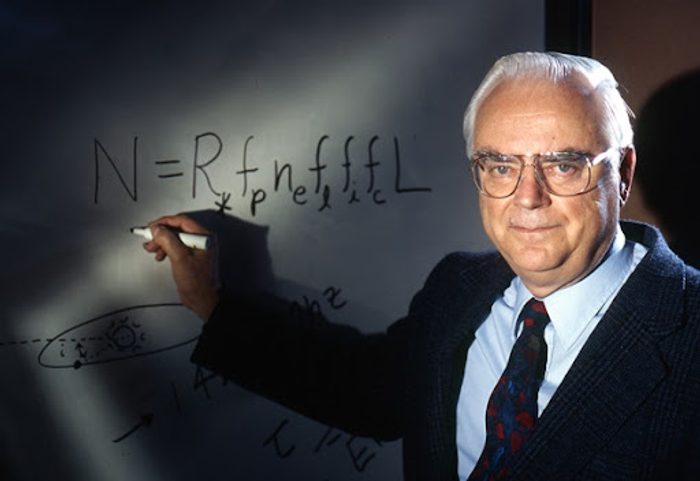Good morning, this is Pip. Today, we’re hearing from Peter Maurer, the outgoing head of the International Committee of the Red Cross, about the vision that has motivated him through his one-decade presidency.
We’re also covering fresh warnings about the deepening hunger crisis in Africa, and some countries rallying behind China at the Human Rights Council while others sit on the fence. |

Peter Maurer, outgoing ICRC president, Octobre 2017. (Credit: Nicolas Righetti/Le Temps)
|
|
Peter Maurer: ‘To gain support, the ICRC must earn it’.
With less than 20 days to go before Mirjana Spoljaric Egger takes over as the first female president of the International Committee of the Red Cross on 1 October, Peter Maurer looks back on the vision that has carried him through and the obstacles he has faced during a decade in which humanitarian intervention has been so badly affected.
Geneva Solutions (EN)
|
|
Here’s what else is happening
|
|
Science and diplomacy reads by GESDA
|
|

Scientist Frank Drake passed away on 2 September. (Credit: Seth Shostak/Science Source)
|
|
For the fans of aliens and ETs, and for all astrobiologists, 2 September 2022 was a very sad day.
Frank Drake passed away, at the age of 92. For those who don’t know him – and that is fully acceptable – he is the guy who put into a now famous equation an estimation for the possible number of technological civilizations in our galaxy. “Frank Drake devoted his life to answering the question as any rigorous scientist would – by searching for evidence and considering the question through rigorous ratiocination (reasoning -ed.)”, notes American science writer Michael Schermer in an obituary published in his Skeptic magazine. But Frank Drake died without an answer.
Now, however, with the new James Webb Space Telescope being operational, the chances are greater than ever that scientists find hints of life in the atmosphere of a distant extrasolar planet (or exoplanet). Or do we even need to look that far?
A fascinating article in the New York Times (read below) explains that when bringing rock samples back to Earth from Mars – and this might happen during the next decade – scientists better be well prepared and equipped. This material might also carry pathogens which could potentially contaminate our biosphere, “bringing the next pandemic – a Martian plague”, as the famous daily newspaper puts it, describing the facilities that would need to be put in place to “welcome” such extraterrestrial samples: “NASA wants its project to comply with international planetary-protection policies as well as its own complementary ones”. The NYTimes also underlines that “engaging with the public, not just government agencies, is also key to a project’s success”.
A “Martian plague” of organisms unknown to Earth – not really a “technological civilization” in the sense Drake foresaw, but, still, a proof that the result of his equation is not zero.
Olivier Dessibourg, GESDA
|

This selection is proposed by the Geneva Science and Diplomacy Anticipator
GESDA, working on
anticipating cutting-edge science and technological advances to develop innovative and inclusive
solutions for the
benefit of the planet and its inhabitants.
|
|
GS news is a new media project covering the world of international cooperation and development. Don’t hesitate to forward our newsletter!
Have a good day!
|

|
|
Avenue du Bouchet 2
1209 Genève
Suisse
|
|
|
| |










